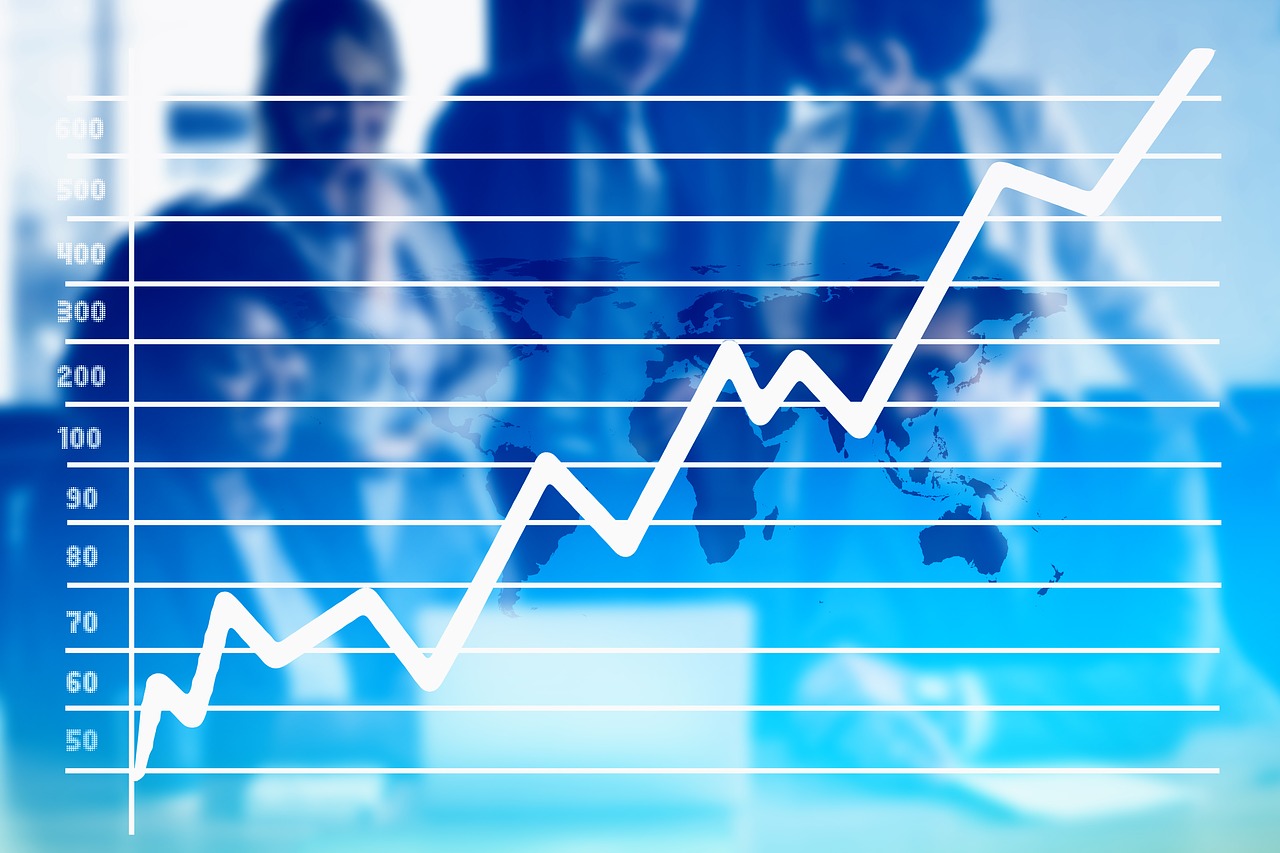Maybe it’s because I’m getting old (and I do pray that God will guard me from becoming cynical as I grow older), but as I look at the world, I’m not sure there is much ground to support the notion that “Things are getting better all the time.” Of course, nobody would campaign for a return to Victorian-era dentistry or the reintroduction of sanitation practices from the reign of Queen Elizabeth I, but are we really making progress?
The answer to this depends on a number of things, including how we define the terms “we” and “progress”. If we understand “we” to be the whole human race, the answer may be quite different than if we limit it to just our nation, or the WEIRD nations (Western, Educated, Industrialised, Rich and Democratic). And what is “progress”? What are the criteria by which we measure it? How do we tell if the situation is better or worse than a few years ago? We must take care in our use of statistics – some wag observed a person with their head in the oven and their feet in the freezer may, on average, be comfortable!
As I write, news broadcasts are fixated with the rising costs of wholesale gas, and related to this, the likely closure of many utility companies and the possibility of food shortages within a week. That’s clearly not good. However, if we burn less fuel, this will obviously be good for the planet, so on average, this whole issue is probably nothing to worry about! The much-reported plight of Afghani refugees and the people left behind under one of the world’s most repressive regimes is surely a disaster, but the decision to pull American troops out of the country was popular in the US. So maybe this is a zero-sum issue, too. And then there’s Covid19, which, whilst retaining the name for obvious reasons, has managed also to be Covid20 and Covid21, if you know what I mean. We can rightly celebrate the extraordinary speed with which vaccines were produced and circulated, and we can also delight in their effectiveness in diminishing the impact of the virus. This is all great news – fantastic progress. However, whilst we have vaccinated around 71% of our population here in the UK (and most of those people have received two doses), only 2% of people in the world’s poorest countries have received any vaccine at all. What does this say about our care for the global community – our brothers and sisters in the human race?
Of course, if the level of care for the vulnerable is not one of the measures of progress, we don’t need to worry about them; my last question is irrelevant, and we can simply say that we (the WEIRD nations) have advanced in scientific understanding and used that increased knowledge to protect ourselves and that’s all that’s important – it is right that the strong should survive.
Obviously, I don’t think this at all. What’s more, I think the God who made humankind in his image has something to say about this. Perhaps a better measure of progress is the degree to which we are reflecting his likeness – in demonstrating love to all and exercising justice.
Of course, you and I both know we cannot do this consistently, and even when we do succeed, we then stumble in pride. So maybe progress really looks like increasing humility before God and growing gratitude that he does not treat us as our deeds deserve.
Are you making progress? What does God think of how you’re measuring it?
Image by Gerd Altmann from Pixabay
